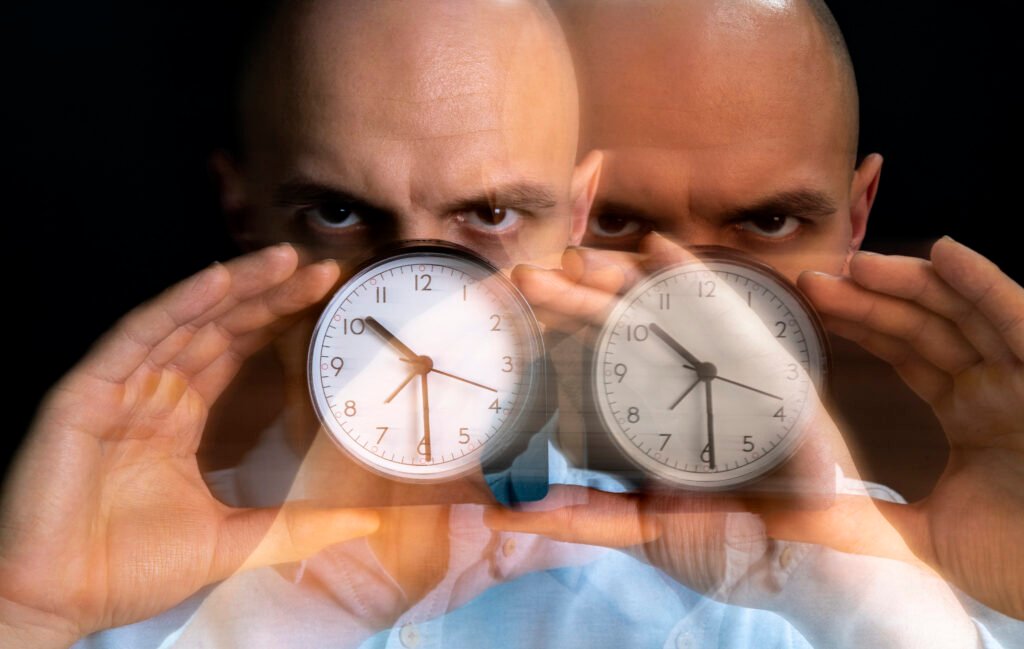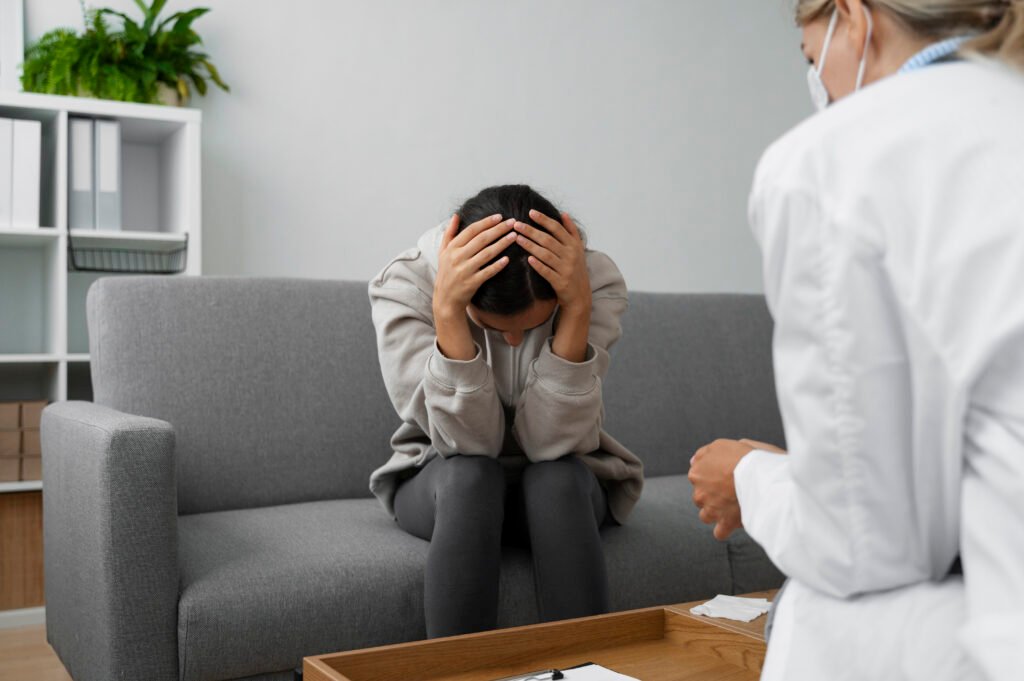+91 78889-76762
How can you overcome social anxiety?
Social Anxiety can be very discomforting. To free yourself from this prison, you will have to rewire your brain with new thoughts that take time to cement in the brain.
1. The change cannot happen overnight: People often try out strategies and when they do not work, they give up. Remember that rewiring the brain can take months, but trying to change your thoughts over months could save you years of unnecessary anxiety. So remember, that when you try out any thought change, the brain will initially resist this. The one way to overcome brain resistance is with dedicated and repeated practice.
2. You are not the only person with personal secrets: We often make assumptions that we are the only people with secrets. Understand that you are not the only one with secrets.
3. Insecurity and security are two sides of the same coin: Those people who claim to be “secure” have not shown their insecurity. They have simply learned to redirect their attention to their strengths rather than their weaknesses. Brain circuits of opposite emotions are on most of the time. Where you place your attention is what you will feel. It is similar to courage and fear.
4. You have more to say than you think: People often feel socially anxious because they are afraid that they would have nothing to say. But this happens because they are constantly thinking of what they “should” say rather than what they want to say. Grant yourself the permission to speak spontaneously. In fact, many other people at these parties feel the same kind of nervousness. Some suggestions of ice-breakers: “Hi! How are you? I Just thought it would be better to connect than stand alone” (Honesty often gets a giggle and can start a great conversation) “How are you? I love your….(shoes, dress or bag)” (compliments set the tone for a positive start).
5. Social anxiety is really personal discomfort: Social anxiety is not really social at all. So ask yourself: how can I be more self-accepting? To be self-accepting requires that you see that perfection does not exist.
Dr.Shaveta Bhardwaj
Best Psychologist Therapist and Counselling in Jalandhar city.





